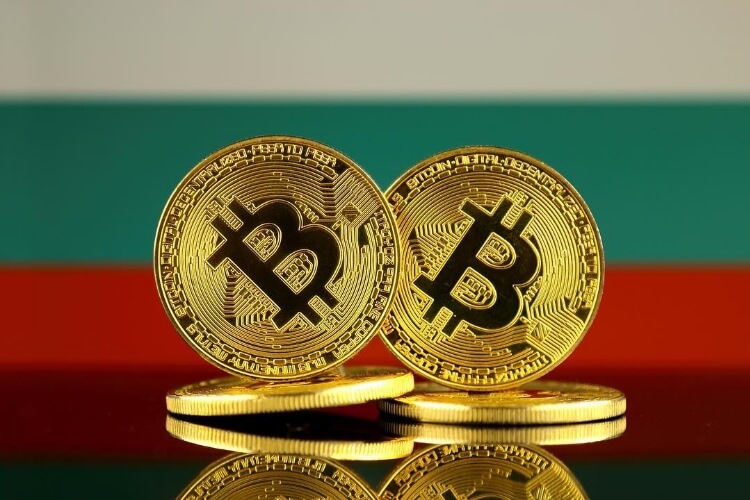Cryptocurrencies have promised to revolutionize a lot of industries, and not always in a good way, some estimate. MasterCard has announced that it has become the latest victim of cryptocurrencies. Because of the misled frenzy of investments over the past twelve months, the company’s quarterly growth has been affected, MasterCard announced.
During its earnings call, the company reported that cross-border volumes continued to grow, reaching 19%, but that was still 2% lower than a quarter before, owing to the omnipresence of dubious cryptocurrencies, including bitcoin.
More specifically, fewer people bought these digital assets with MasterCard’s credit cards.
According to MasterCard CFO Martina Hund-Mejean, the slump was due to the recent decision to reduce funding for wallet funding.
MasterCard’s Crypto Wallet Saga
MasterCard allows customers to use their cards to purchase cryptocurrencies. However, the activity took a slight hit after several banks have decided not to have any truck with cryptocurrencies.
Bank of America, JPMorgan Chase, and Citigroup have all decided to suspend any activities that involve cryptocurrencies. Of course, the opposition from American Banks is not the only place where financial heavyweights have decided to tread carefully.
One of Scandinavia’s largest banks, Danske Bank, has also pulled out of operations involving digital assets unless they have been properly taxed and stemming from a genuine source of investment.
The Changing Landscape in Asia
MasterCard CEO Ajay Banga has also said that Asia’s undergoing a significant change in its own landscape of cryptocurrencies. Two of the main bastions of cryptocurrencies – South Korea and Japan are now considering tightening their security, following a few unfortunate turns of events.
After the hacking that affected crypto exchanges in South Korea and Japan, the industry is changing dramatically all across the region. Understandably, the two countries are awfully worried about security, as their own citizens are beginning to purchase more digital assets with FIAT currency, which does not sit well with the countries’ governments.
MasterCard CEO’s Two Pence
Mr Banga is convinced that concerns about the future of digital assets in Japan stem from the recent hacks of exchanges. Interest in the country has significantly slumped and it is understandable why most players are on the defensive, as opposed to readily embracing the sector.
If you remember the December’s rise of bitcoin to $20,000 then you will know that the frenzy has subsided and people are again rather clear-minded about the implications of cryptocurrencies.
As to Bitcoin itself, Mr Banga pointed out that while the company was displeased with the slowdown in the quarterly results, it was not the reason for any grave concern, because cryptocurrencies represented only a fraction of the total offer of MasterCard.
According to an analyst from Susquehanna Financial Group James Friedman, MasterCard has no reason for concern as the interest in Bitcoin, while understandable, is never the reason for too much concern among companies with minor stakes in it.
Friedman was of the opinion that the growth was irrelevant to MasterCard’s further growth and development.
What Future for Crypto and MasterCard
MasterCard does not seem overly fond of maintaining its investments in the sector. However, the company is far from dissuaded from the asset’s potential ROI. For the time being MasterCard will continue to maintain its stakes in all crypto activities, and perhaps even seek ways to brush up on them.
However, any substantial investment is unlikely, unless there is proof of better times down the road. However, with the volatility of cryptocurrencies, such statements come more as a sort of wishful thinking than anything else.
What Makes Crypto Unstable?
The volatility of Bitcoin, and other cryptocurrencies, can be chalked up to many things. Some see in it the lack of an underpinning mechanism to keep the cryptocurrency in check. Others cite the fact that the cryptocurrency serves to support nefarious activities.
Bitcoin, for example, is one of the biggest proponents of human trafficking, drug and arm dealing, a report published in French newspaper Le Figaro has revealed.
However, more criminally-minded individuals are now fleeing to the security that places such as Monero provides. The altcoins that have come into being all provide a level of security and anonymity that has previously thought impossible.
While most cryptocurrencies continue to operate beyond the reach of a regulatory main body, it is quite understandable why the prices will continue to suffer and why companies in the mainstream who seek to support cryptocurrencies will actually suffer mild losses all over.



Comments (No)